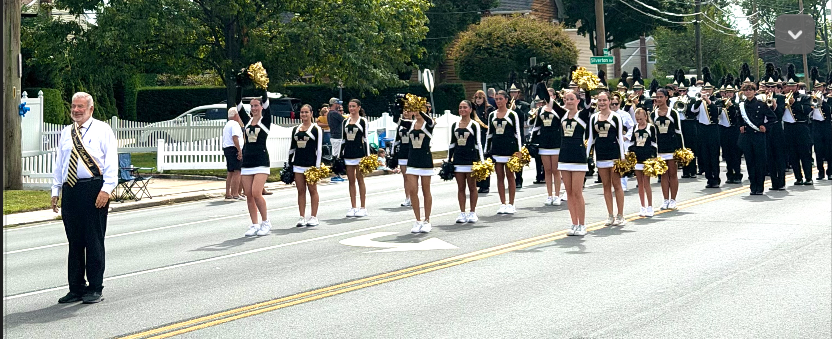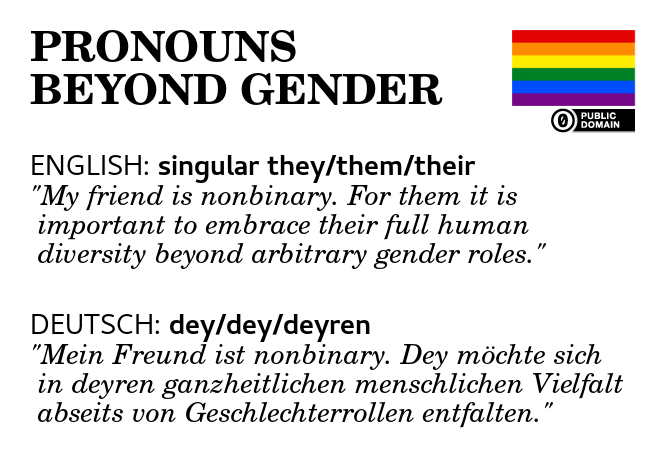“They” is Officially a Singular Pronoun
October 30, 2019
In a world where acceptance for those who do not conform to a binary gender is rising day by day, many people choose to not be referred to as neither “he” nor “she;” rather, they prefer to be called “they.” The usage of “they” as a pronoun to refer to one person is nothing new—it has been used since the 14th century—though the “proper” usage of this pronoun was limited to individuals in which the gender is unknown. The non-binary usage of “they” is relatively new, mostly having gained traction in the 2010s when acceptance of such individuals became more mainstream and “they” became the “default” pronoun of choice for such individuals. However, some people outside the non-binary sphere have regarded the use of the singular “they” as “awkward,” “unnatural”, or “grammatically incorrect”—but as of September 20, it’s now considered proper as the Merriam-Webster dictionary has added “they” as a singular third-person pronoun to refer to a non-binary individual. The dictionary now features this definition for the word:
“—used to refer to a single person whose gender identity is nonbinary (see NONBINARY sense c)
I knew certain things about … the person I was interviewing… They had adopted their gender-neutral name a few years ago, when they began to consciously identify as nonbinary — that is, neither male nor female. They were in their late 20s, working as an event planner, applying to graduate school.
— Amy Harmon”
In an article published by the Washington Post, Dennis Baron, professor emeritus of English and linguistics at the University of Illinois said, “Language responds to social change. Things that need to be expressed get expressed.” Adding the singular “they” to the dictionary was necessary considering how there has been a recent influx of LGBTQ+ visibility and acceptance.
Many non-binary individuals have expressed discontent with being “misgendered”, or not being referred to by their proper pronouns. “Being misgendered makes me feel absolutely invisible and disrespected,” said Imani, a 22-year-old non-binary worker in Brooklyn in an interview with Vice. They claimed that only one job they ever had made them feel safe. Canadian graphic designer Winnie, in that same interview, described the anecdote of when they played a game at work and felt unsafe because nobody used their preferred pronouns. “People kept referring to me with “she/her” pronouns, and by the end of the game I was nearly in tears at what was supposed to be a relaxing, fun work outing. I told them I wanted to sit out because I was being misgendered and people apologized a lot. One person kept asking me if I was okay, but did it in a way that honestly made it feel like it was about him.”
This inclusion of “they” in the dictionary is certainly a step towards forwarding the normalization of non-binary gender identities. In an interview with the Guardian, Gillian Branstetter, a media relations manager for the National Center for Transgender Equality, said that “Overall you’re seeing workplaces, schools and hospitals recognize the current system of only offering ‘male’ and ‘female’ isn’t working for a lot of people.” She also mentioned the inclusion of “they” in this context in the AP Stylebook as of 2017, and the fact that now, 14 U.S. states offer a non-binary option on driver’s licenses.
The singular “they” was also crowned the 2015 Word of the Year by the American Dialect Society.
Hopefully, with “they” being added to the dictionary in this context, it will be easier for individuals who are not accustomed to the concept of non-binary people, or who have never met a non-binary person, to get accustomed to this usage of the pronoun.















